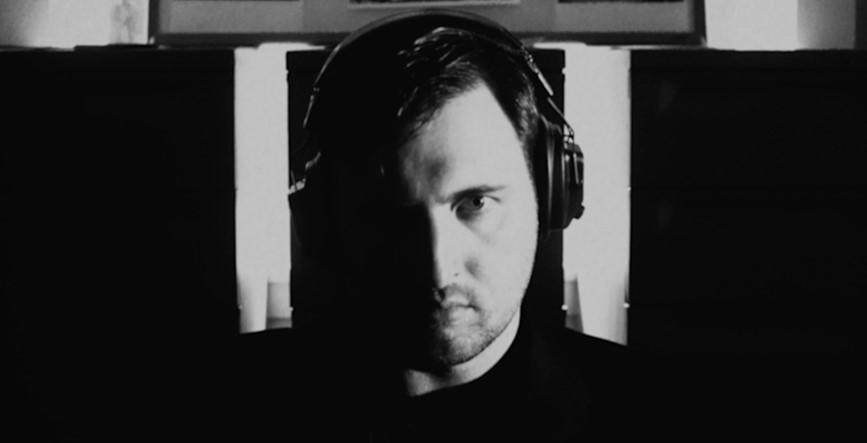NR | 1 h 36 min | Noir | 2023
Screenwriter-producer-director Paul Roland cares enough about faith, reconciliation, redemption, and truth to discuss these boldly and lovingly in his debut film. Why lovingly? Mr. Roland isn’t so much challenging a conviction in these ideals as clarifying them so that, once clarified, that conviction can grow stronger. Fittingly, he dedicates the film to his beloved wife.





